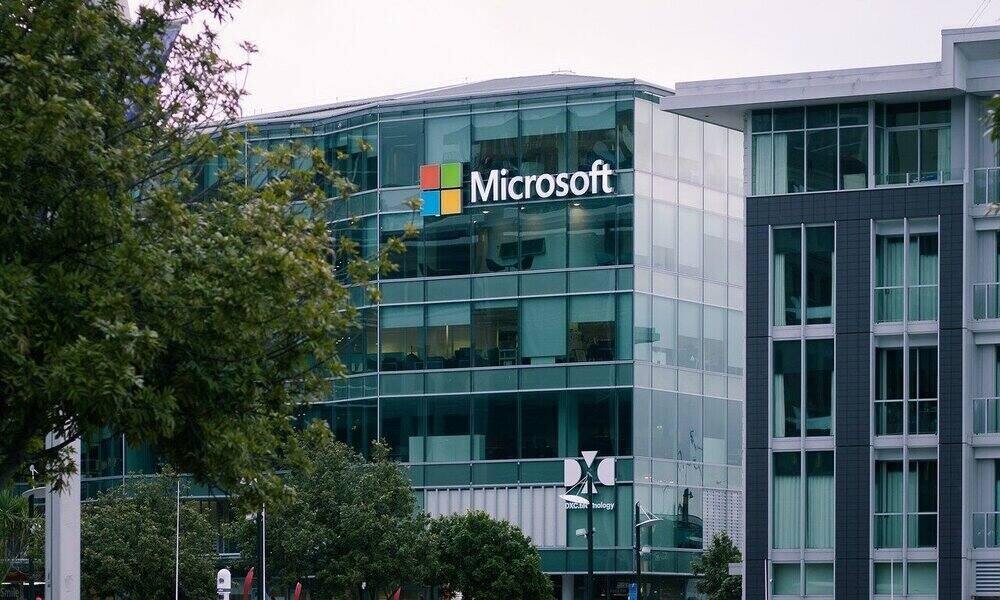
The European Commission has communicated the final list of companies of technology and the services that will have to be comply with the new Digital Markets Law (DMA) of the European Union. Most are American multinationals, and there are few surprises among them. Are Alphabet, Amazon, Apple, Meta, Microsoft and ByteDance. Regarding the services of these companies that will have to comply with the law, the commission mentions 22. All of them will have to comply with the new obligations of this law before next March 2024.
The DMA is the EU’s commitment to control the activity and measures of large technology companies, which they have called gatekeepers, and make them open their closed platforms and ecosystems and abandon the anti-competitive behavior that they have in many cases. These standards are intended to make them compete in quality with their products and services independently.
Thus, for example, messaging platforms designated as gatekeepers under this law will have to be interoperable with competitors, and operating systems will have to be designed to offer their users third-party app stores and allow developers to offer payment systems. alternatives in their applications.
In the social media section, those that will have to comply with the DMA are TikTok, Facebook, Instagram and LinkedIn. Regarding messaging services, WhatsApp and Mesenger. YouTube, the Chrome and Safari browsers, the Google search engine and the Android, iOS and Windows operating systems will also have to comply.
Other services and platforms that will be affected by the Digital Markets Law are Google Maps, Google Play, Google Shopping, Amazon Marketplace, the Apple App Store and the Meta Marketplace. Also the advertising platforms of Google, Amazon and Meta.
In this list, the disappearance of Samsung may seem curious, which was on the list of provisional gatekeepers that the commission published in July. The South Korean company then protested the decision, claiming that it did not meet the minimum requirements for its web browser to be included on the list. Finally, it is not in it, like the Edge browser or Microsoft’s Bing search engine.
Their advertising service is also absent, but this may change in the future, since the commission has indicated that it will open several investigations to assess whether they meet the requirements to have to adopt the measures imposed by the Digital Markets Law. The same thing happens with Apple’s iMessage, which is also facing an investigation to see if its iPadOS operating system is included in the list. These investigations will last, as expected, a maximum of five months (one year in the case of iPadOS), and could lead to more applications, platforms and companies on the list of gatekeepers.
The rules that all those affected by the DMA will have to comply with will depend on which of their services they have to adapt: those considered main platform services. Thus, Instagran and Facebook’s Meta will be regulated as online social networking services, while, for example, Google Search will be considered a search engine. And Windows will have to abide by operating system standards. Therefore, they will have to individually address the regulations with each of their affected services and platforms.
According to this law, the affected search engines will have to give their users the possibility of using other search engines. Operating system vendors will have to offer the ability to uninstall pre-installed apps and change system defaults, such as browsers and virtual assistants. In addition, among other things, companies and platforms considered gatekeepers
The law uses several criteria to determine whether a company and its service should be designated as a gatekeeper. Among them, if the company in question has annual sales of 7.5 billion euros in Europe, and a market capitalization of about 75 billion dollars. It is also necessary for the service to have about 45 million monthly active users in the European Union. In addition, they will be prohibited from giving preference to their products and services over those of other companies on their own platforms. But these are just some of the rules they will have to comply with.
If the affected companies do not comply with the Digital Markets Law, The European Commission can fine them up to 10% of the total income of the company worldwide, or with up to 20% if they are repeat offenders. In addition, the commission can impose structural measures if it deems necessary, which may even force a company to sell part of its business.
From now on, a process of changes in the affected technologies begins, which will surely not be simple or without problems for the European Union. Depending on the changes they have to apply, it is possible that some of them may even decide to take legal action against the DMA.



